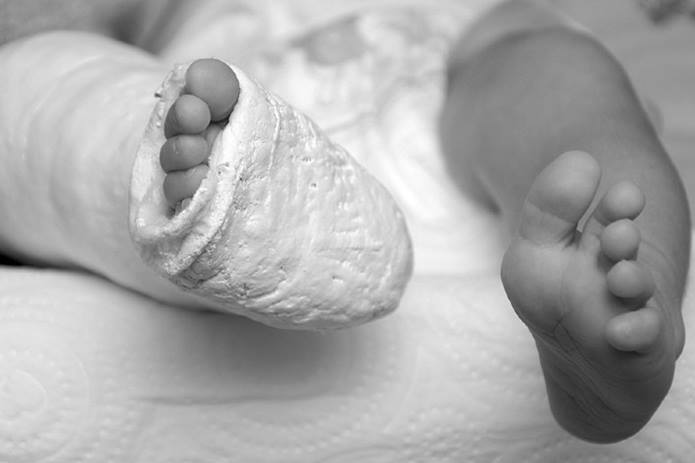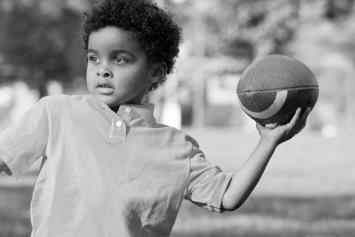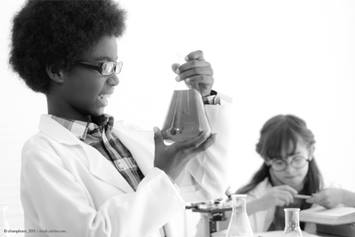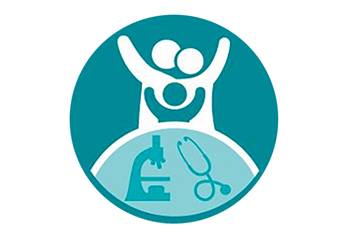
Orthopedics Clinical Research
Clinical researchers in Orthopedics are committed to identifying new approaches for the prevention, diagnosis and treatment of childhood diseases, taking research discoveries from the lab to the patient's bedside.
Open Orthopedics Clinical Studies
There are no open studies at this time, but please check back soon. We're excited to share new opportunities with you! In the meantime, check Study Search at The Ohio State University, ResearchMatch or ClinicalTrials.gov.



